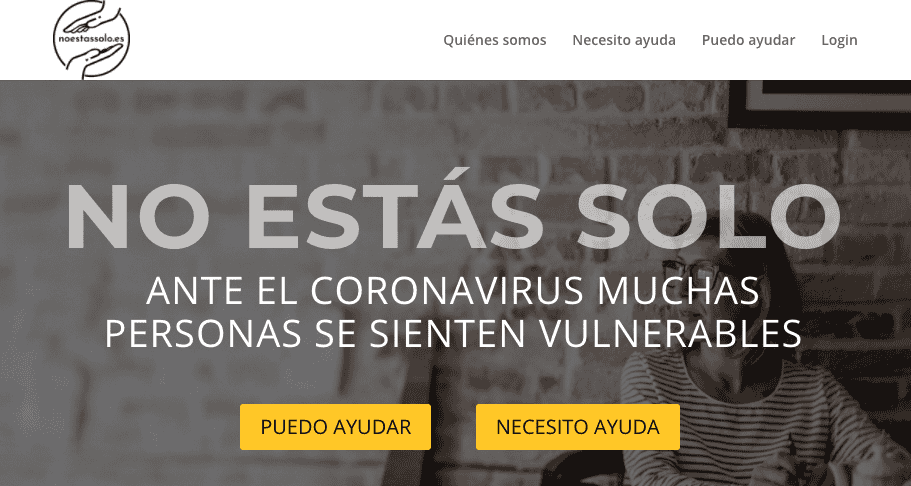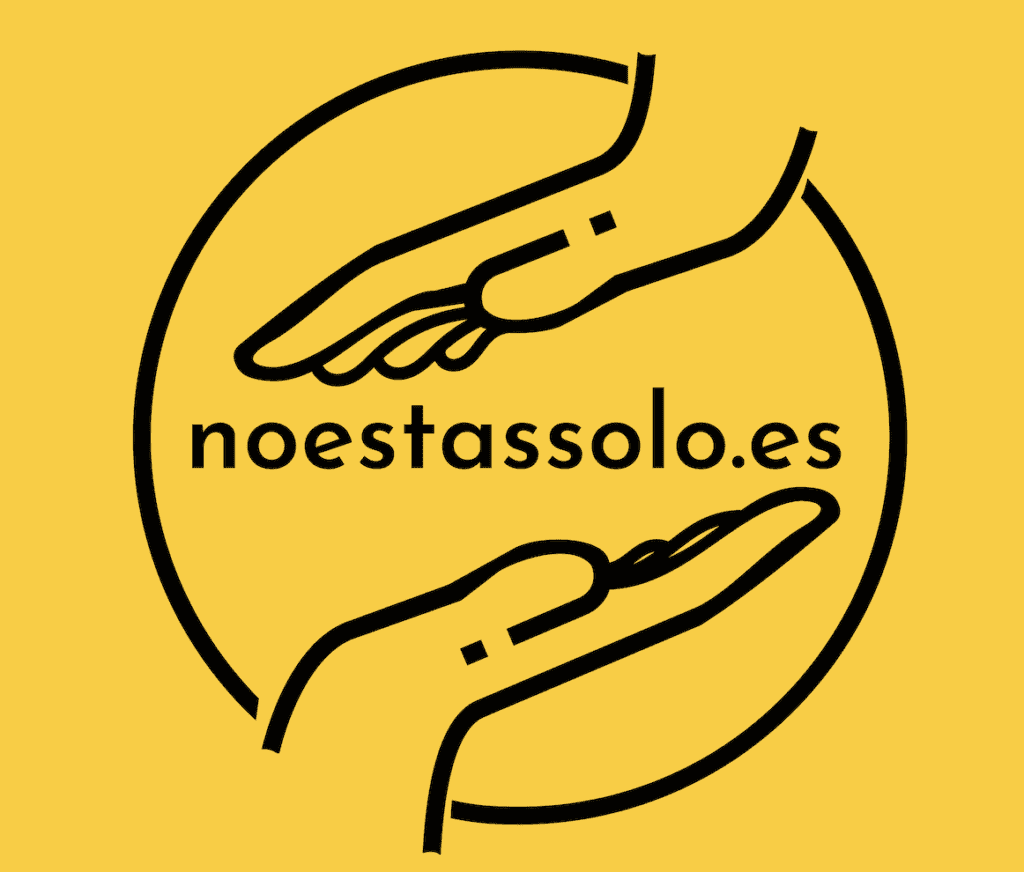This website uses cookies so that we can provide you with the best user experience possible. Cookie information is stored in your browser and performs functions such as recognising you when you return to our website and helping our team to understand which sections of the website you find most interesting and useful.
Facilitating Platform for Accompaniment during CoVid19
A group of Jesuits and lay people from the province of Spain have launched the project “you are not alone” (noestassolo.es).es as a platform that links volunteers with people who need to be listened to, welcomed, understood or accompanied because they are alone, in difficulty or distressed in this health emergency. This platform is designed in such a way that it can be easily replicated by those provinces and teams that wish to be able to offer this service in their places and in their own languages. If you are interested write to [email protected]
How do you make that happen with respect to confinement measures?
You can also help without leaving the house. Volunteers register on the website, and once their profiles have been enabled by the noestassolo.es team, people who request help can contact them through the platform. When this happens, the volunteer receives an email with the necessary information to contact the person who has requested their help.
During this time, and before contacting the person, volunteers are asked to read and view the materials available to them in the “Training” section of the website. They are given advice on what is expected of them, what to do, how to accompany, what to avoid, and follow-up. The training is based on recommendations from the colleges of psychologists and is done through documents, computer graphics and tutorials.

All participants must be adults. Users who access the website will be able to select from volunteer profiles that currently cover: spiritual accompaniment, help in experiencing grief, or simply being able to listen and talk for a while without burdening the family or professional environment.
For people who are not familiar with the Internet, a telephone has also been set up, which helps to establish contact with the volunteers. The opening hours of this telephone are from 10.00 am to 2.00 pm and from 4.00 pm to 8.00 pm.

Who’s that team behind the noestassolo.es network?
The platform has been created by the team of https://sjdigital.es/ and the group of Jesuits and lay people who were at the beginning of the initiative have remained as a team of consultation and response to the new situations that are occurring. In the daily operation, from the digital office of the province there is a computer technician who takes care of the improvements of the web and a couple of people helping with the communication. There are also several Jesuits in formation receiving calls, answering mail, coordinating volunteers and calling follow-up meetings by videoconference.
What kind of volunteers and users are there currently?
Today, more than 1500 people have been offered, with very diverse profiles. Among others, there are psychologists, health workers, teachers, religious, priests, students, actors, retired people or housewives from both Ignatian and non-believing backgrounds.
Is there support for health professionals as well? There is a second network https://sanitarios.noestassolo.es/ specifically for the use of health workers who are living on the front lines of the pandemic and its consequences. A team from the Clinical Unit of Psychology UNINPSI of the Universidad Pontificia Comillas and other psychologists linked to the Ignatian field are in charge of accompanying them in an altruistic way.
If you think that this project can be implemented in your province and you have a sufficient team of people to be able to coordinate it, contact [email protected] and we will put you in dialogue with the coordination team of noestassolo.es





